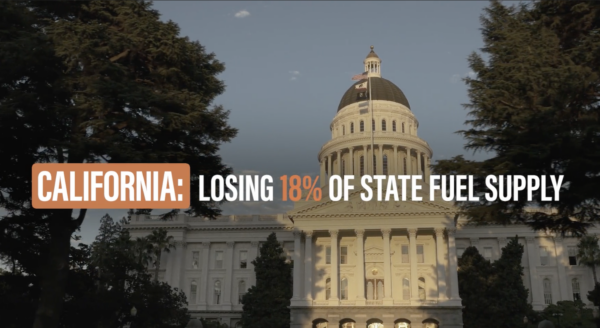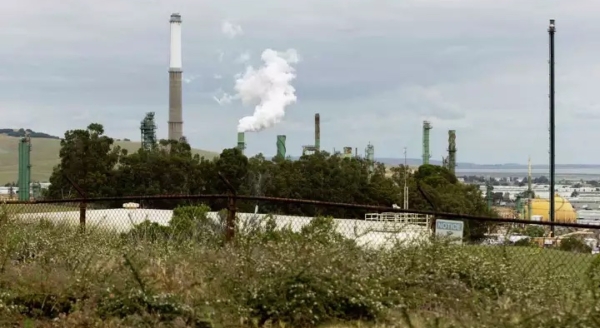In a recent column, New York Times commentator Thomas Friedman criticized “two decades of Western nations’ failing to think strategically about energy” – pointing out that instead of pursuing energy policies prioritizing economic and national security, policymakers have instead “pretended [they could] jump directly to intermittent wind, solar and other renewables and everything would be just peachy.”
Such a shortsighted approach to energy must sound familiar to those in California, where Governor Newsom has focused solely on pushing the state away from oil as quickly as possible, no matter the consequences for consumers and businesses.
As The Wall Street Journal noted amid the recent policy-driven spike in gas prices:
“Newsom is boasting about his climate policies, though not about the high costs and shortages that go with them.”
Policies have consequences, and Newsom’s inability to see or care about the need for balance in energy policy priorities has brought the state to its current crisis.
Under Newsom, California has focused solely on lowering emissions – a worthy goal, no doubt. But experts agree such a singular focus has sacrificed the affordability and reliability of energy in the state.
As a result, the Los Angeles Times reports that California’s energy markets are “fragile” – vulnerable to price volatility at the pump, with a power grid that routinely threatens rolling blackouts due to lack of capacity. All the while, California consumers and businesses face some of the highest prices for electricity, heat, and transportation fuels in the country.
Everyone agrees that California should pursue a cleaner energy future, but policymakers must recognize that transition will take decades.
Cutting off domestic oil production and refining capacity prematurely only raises costs, increases vulnerability to price spikes, and makes the state more dependent on an expensive and unreliable foreign oil supply chain.
As David Hackett, an energy expert who served on California’s Petroleum Market Advisory Committee, recently told the Times: “The state has set aspirational goals for the energy transition, but it’s not very well planned.”
Newsom’s blind focus on ‘ending oil’ is unrealistic and failing. California needs a balanced strategy that recognizes our basic energy realities – and doesn’t sacrifice affordability and reliability during the long-term energy transition.


